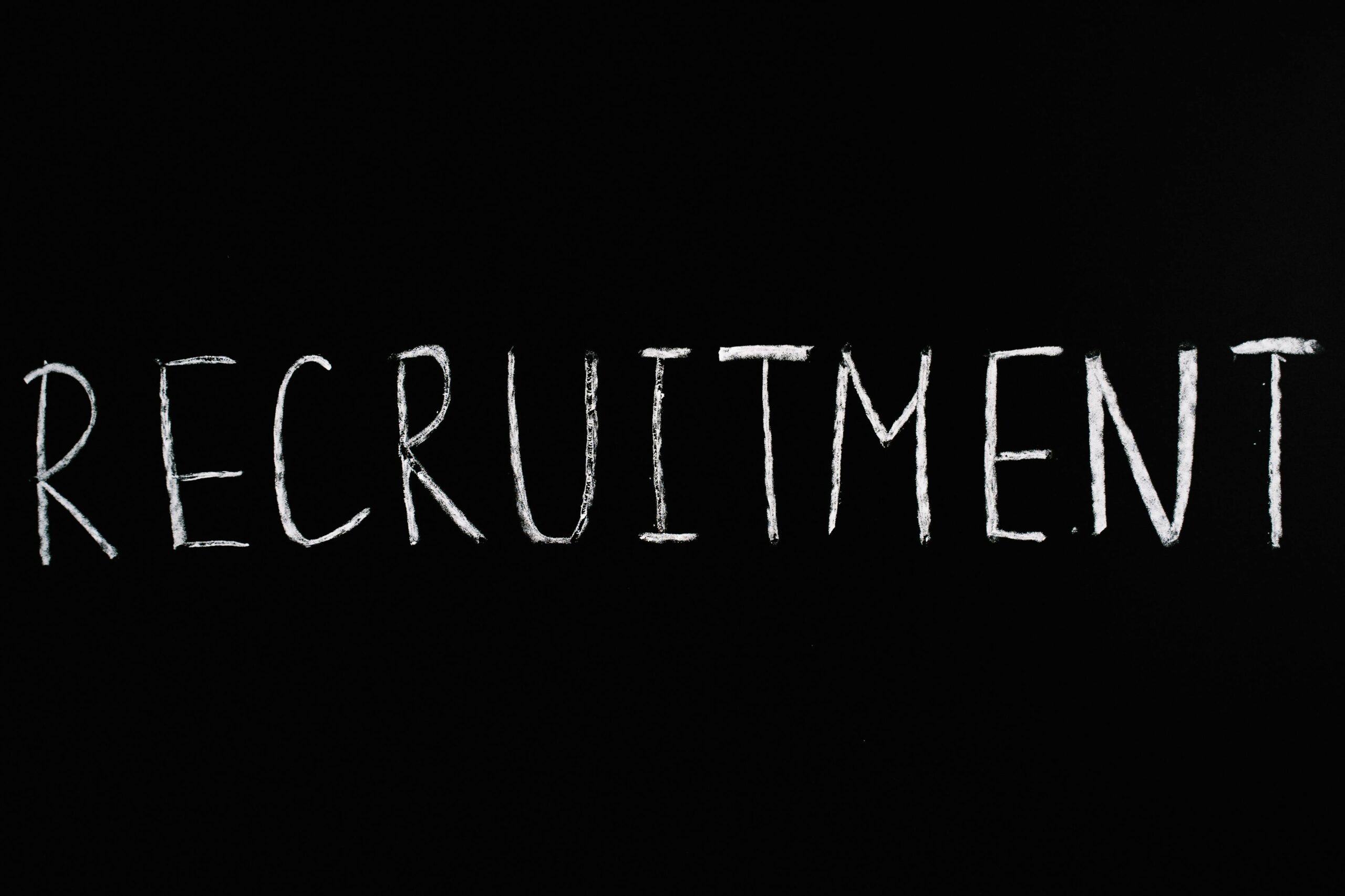Recruitment might seem simple – post a job, review resumes, hire someone. But the reality? It’s a dynamic process filled with strategy, intuition, and hard work. Let’s pull back the curtain on what really happens when recruiters find that perfect match.
More than just a job post
Before a job is even posted, recruiters dive into the company’s goals, team culture, and role specifics. We fine-tune job descriptions to attract top talent and ensure the offering is competitive in today’s market. It’s about standing out and connecting with the right candidates.
Finding hidden talent
Resumes don’t just land on our desks. We scour LinkedIn, attend events, and tap into professional networks to find candidates who aren’t actively job-seeking. The best matches often come from building relationships with passive talent.
Screening beyond the resume
A great resume tells part of the story, but screening calls dig deeper. We assess skills, motivations, and cultural fit to ensure a candidate doesn’t just have the qualifications—they’re also the right personality for the team.
Interviews that count
Interviews aren’t just a Q&A session. We prepare candidates and guide hiring managers to ask meaningful questions, ensuring both sides get the insights they need. Coordination and feedback loops are key to keeping things moving smoothly.
Closing the deal
Negotiations require a delicate balance—salary discussions, competing offers, and ensuring the candidate feels valued. For us, it’s not just about getting a “yes” but about starting a journey of trust and growth.
Beyond the hire
The story doesn’t end with a signed offer. Onboarding, feedback, and follow-ups ensure both the candidate and the company thrive in their new partnership.
Recruitment is part strategy, part art, and all heart. It’s about connecting people with opportunities where they can grow and excel. Next time you hear about a great hire, remember the behind-the-scenes magic that made it happen!











